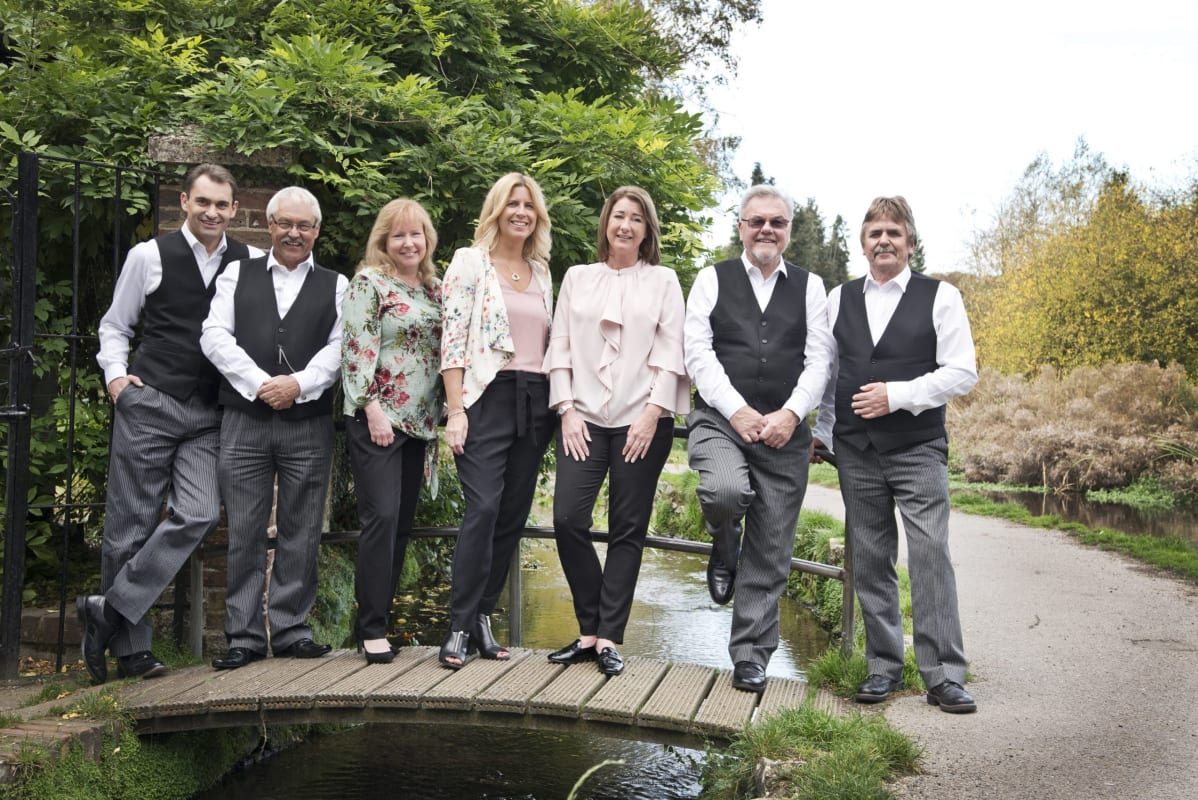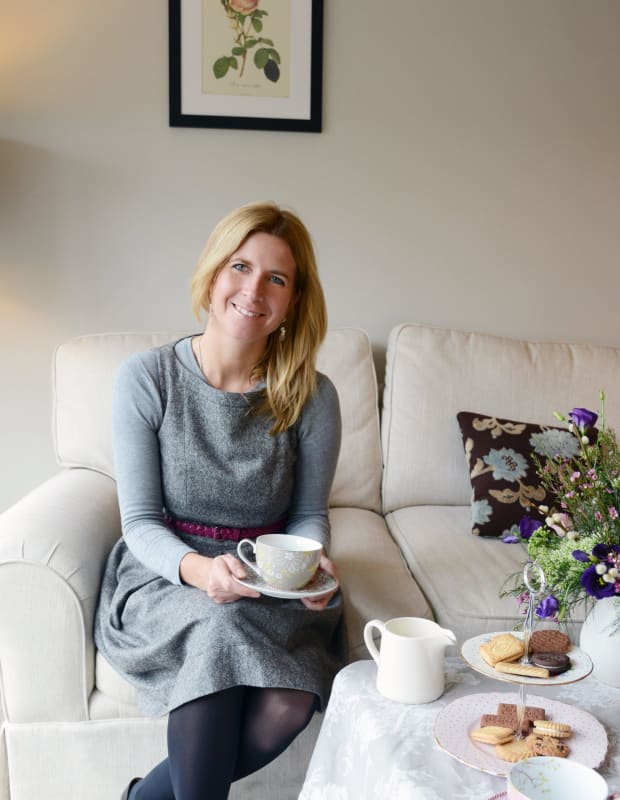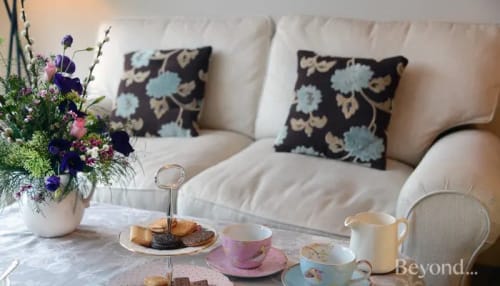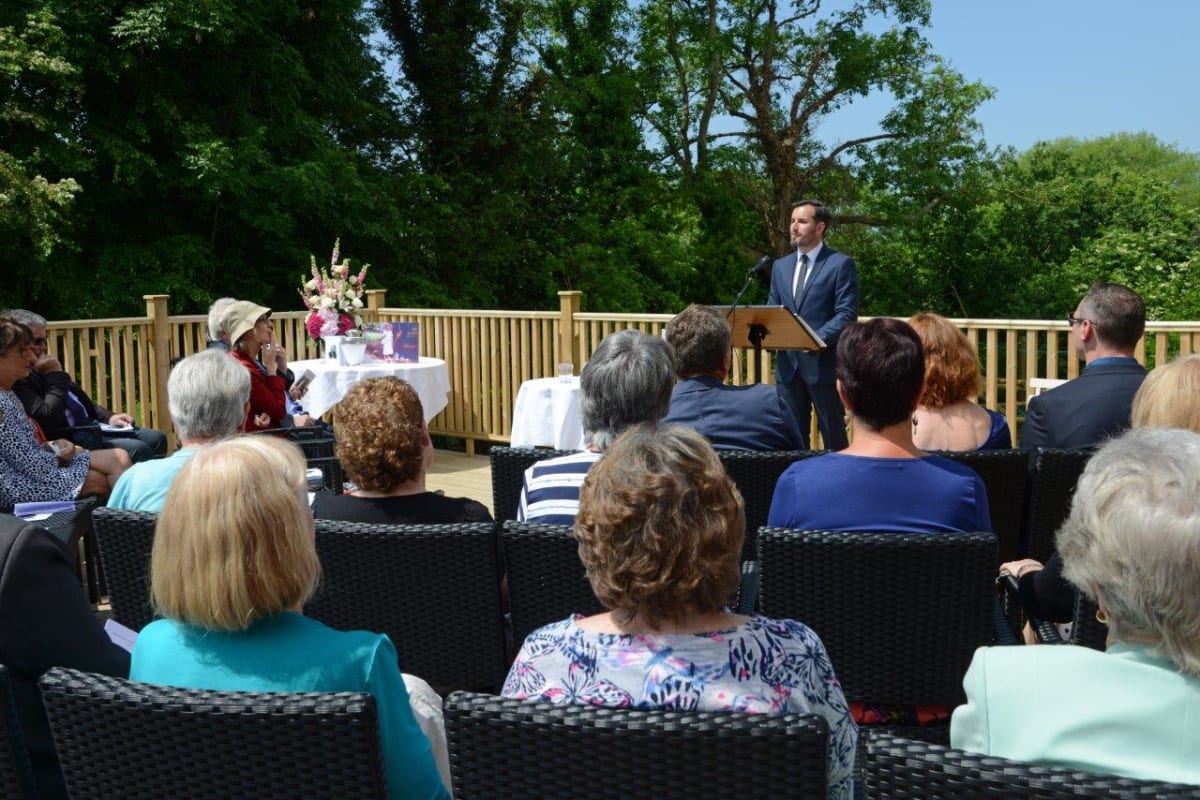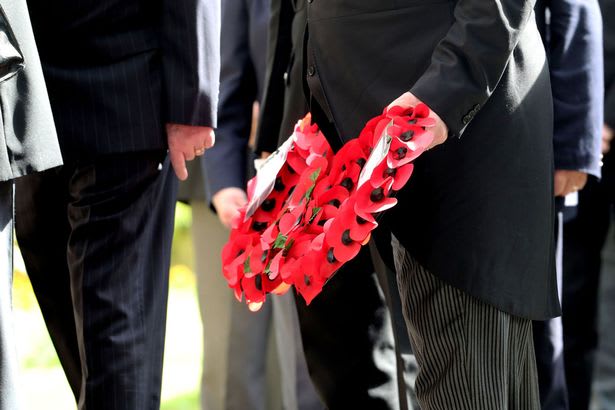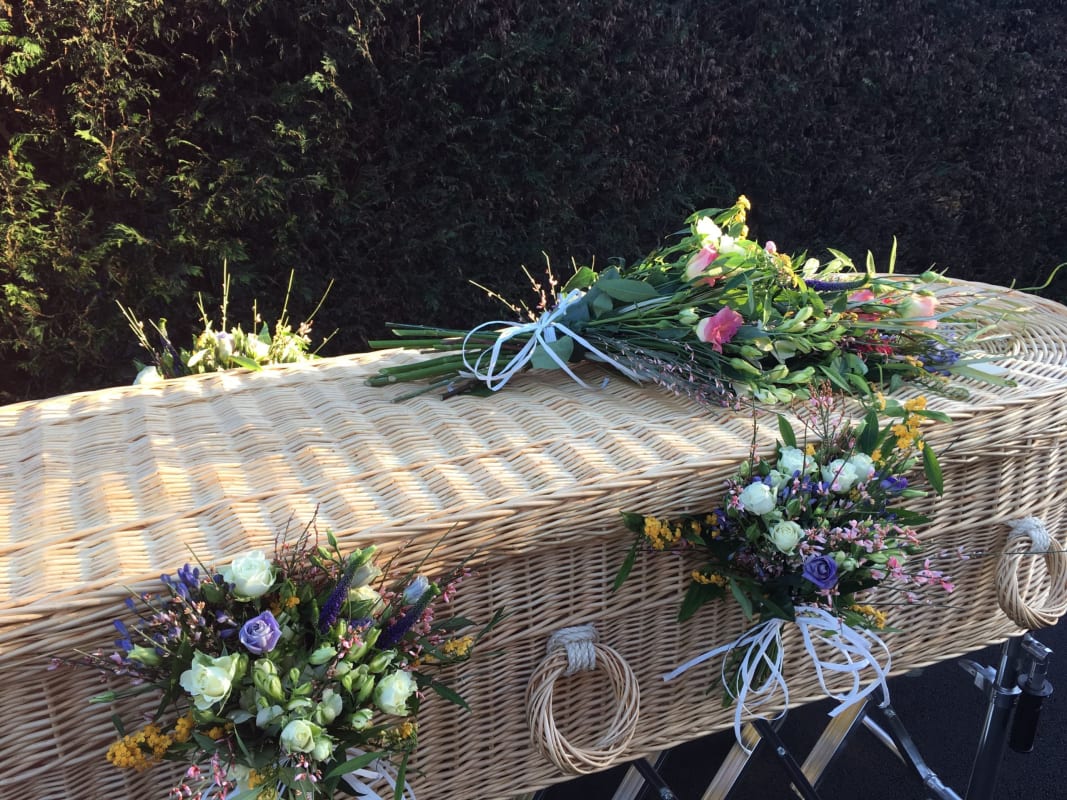
We’re all going to die. Not right away (let’s get that clear – we’ve not spotted a large comet hurtling towards Earth) but, like it or not, death comes to us all.
We don’t talk about it, though. And since we don’t talk about death, the majority of people who are arranging a funeral for the first time are blindsided by the sheer number of decisions they have to make, often about things they’ve never considered.
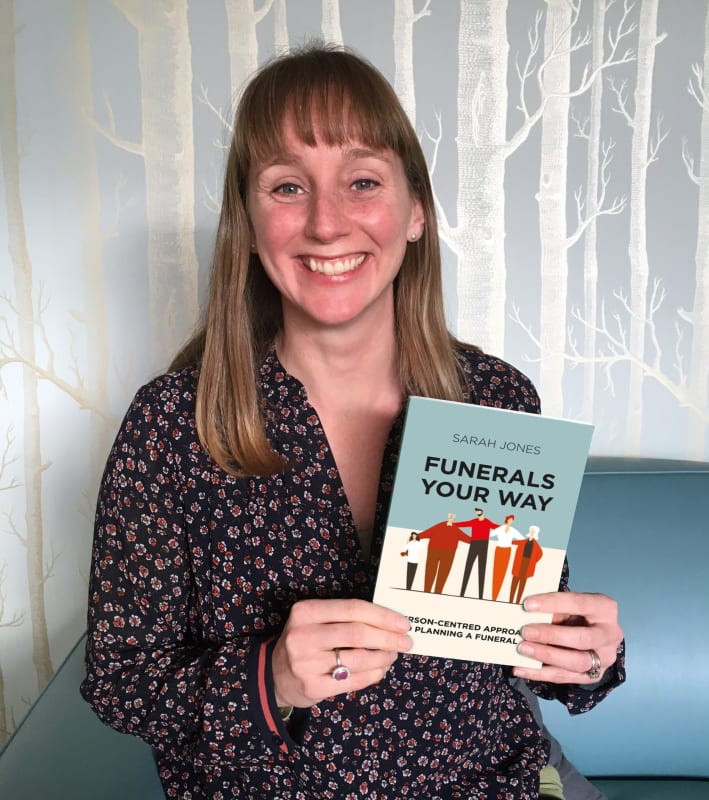 Perhaps you know whether the person who died wanted to be cremated or buried – but did you ever ask them about what they’d want to be wearing when it happened? Are they a wicker coffin sort of person, or is veneer wood better? Funeral planning involves a host of bewildering questions that most of us are unprepared for.
Perhaps you know whether the person who died wanted to be cremated or buried – but did you ever ask them about what they’d want to be wearing when it happened? Are they a wicker coffin sort of person, or is veneer wood better? Funeral planning involves a host of bewildering questions that most of us are unprepared for.
Funeral director Sarah Jones of Full Circle Funerals wants to change that. Her new e-book, Funerals, Your Way, offers families a gentle yet thorough introduction to the many options available to them, and a framework for approaching difficult decisions with their loved one’s wishes and personality in mind.
Ahead of the launch of the book, we caught up with Sarah to talk about how it came about and why the “person-centred approach to planning a funeral” is the future…
Hi Sarah! How did you become a funeral director?
We opened Full Circle Funerals in September of 2016, but I’d decided about a year before that that was what I wanted to do. I started my working life as a doctor in the NHS, doing vascular surgery. I left that role to work with adults with learning difficulties.
The simple reason for opening Full Circle is that, throughout my work in health and social care, I’ve always felt that end of life care and funerals are really important. And that if they’re done well, that it could probably make a really big difference to bereaved families.
I felt that it was something it was important to do well and do right, and I was quite clear in my mind about what I thought that would involve. So, I decided to do it.
What inspired you to write Funerals, Your Way?
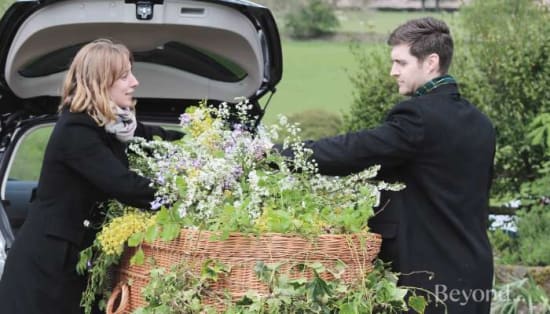 I think the more people know before they walk into a funeral director, the better.
I think the more people know before they walk into a funeral director, the better.
Every day, in our work, we support families, and it’s so obvious and so clear that giving them a little bit of information and time, and expanding on the ideas they’ve already got, is incredibly helpful to people. Opening up a space where they can confidently feel that they can explore what they want and what they need can make a real difference.
A lot of people walk into the room and they have never thought about it before. It’s something they haven’t even wanted to engage in: they’re bewildered, they’re confused, and they’re vulnerable. I think it’s so easy to address that knowledge imbalance and power imbalance, so that families can go into the arrangements knowing what questions they need to ask, having gathered their thoughts.
How you would like families to use your book?
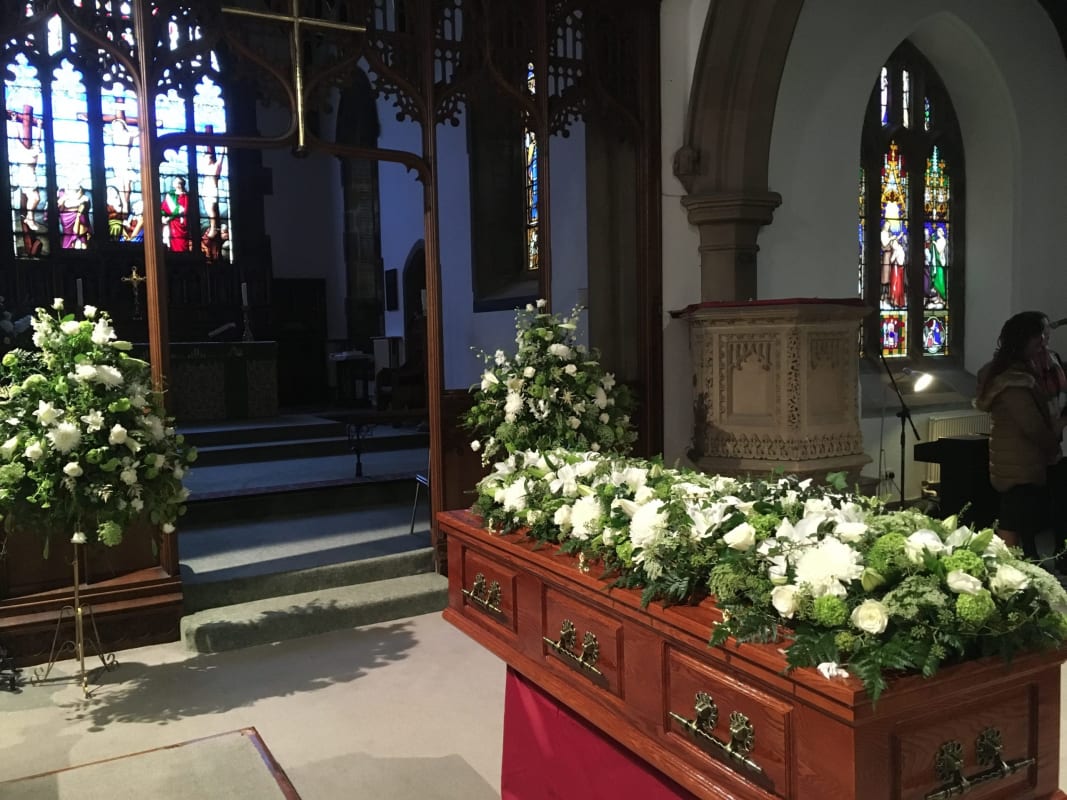 Ideally, I think everybody should just read it, randomly, as a book, rather than being in a situation where they’re having to apply it to a person in their lives, or themselves. That way they’re not stressed, and they can take their time to consider it.
Ideally, I think everybody should just read it, randomly, as a book, rather than being in a situation where they’re having to apply it to a person in their lives, or themselves. That way they’re not stressed, and they can take their time to consider it.
Another way it could help is if families read it when they know that they are going to need to arrange a funeral in the coming weeks and months, so they’re preparing themselves.
We are also approached by quite a lot of people who want to plan their own, particularly younger people. So, I think it could be something they read relatively privately, and then when they’ve gathered their thoughts, then they can engage in that difficult conversation with the people in their family.
In the book, you talk about taking a “person-centred approach to funerals”. What does that mean to you?
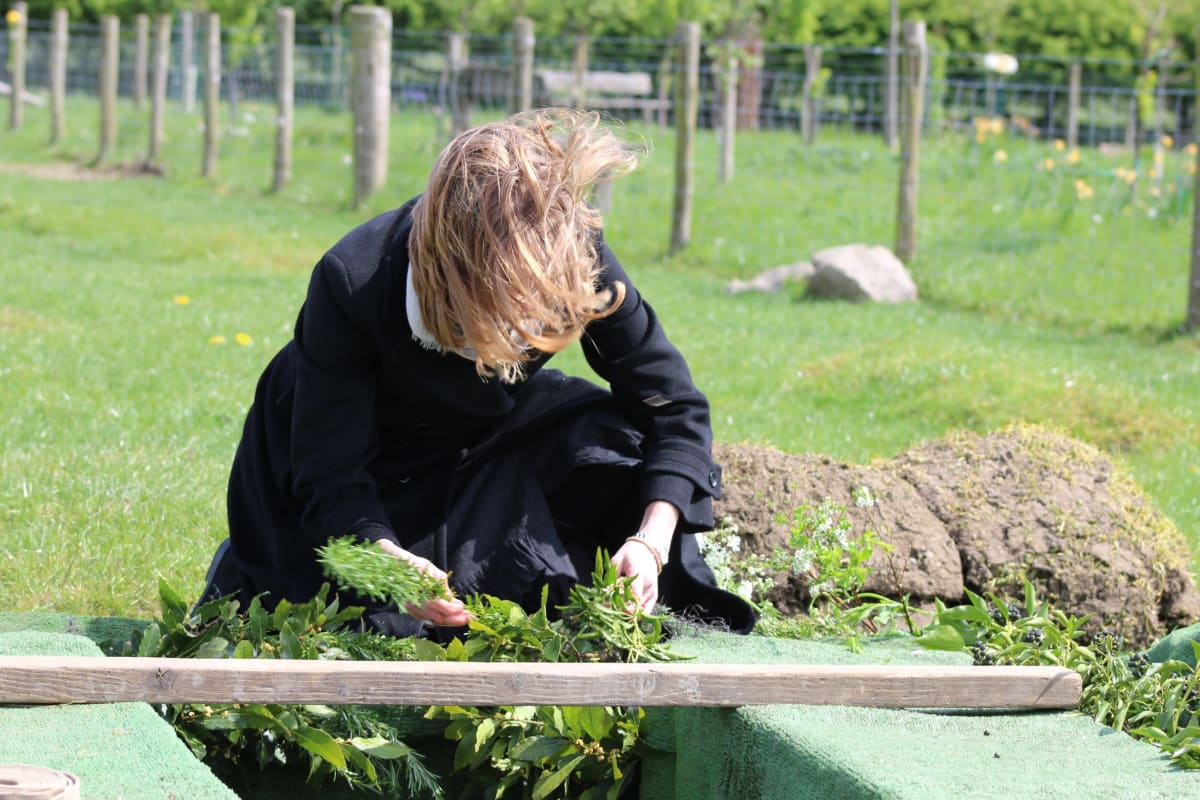 I come from a background in health and social care, where everything should be person-centred. You effectively have a group of professionals and a process that is centred around the individual. And you’re collaborating with that individual, giving them what they need to optimise their health and care.
I come from a background in health and social care, where everything should be person-centred. You effectively have a group of professionals and a process that is centred around the individual. And you’re collaborating with that individual, giving them what they need to optimise their health and care.
That principle, to me, feels very, very important for funerals. The person who has died – do you want the funeral to reflect that person? And then you also have the people close to them, who maybe need to get something helpful from the process of arranging the funeral and the funeral itself – how do you support them?
So, I suppose my logic was just to highlight the people at the centre of all of this. I think funerals should be person-centred, and that person should not be the funeral director or a representative from the industry.
Do you see that perhaps as something that some in the industry need to work on?
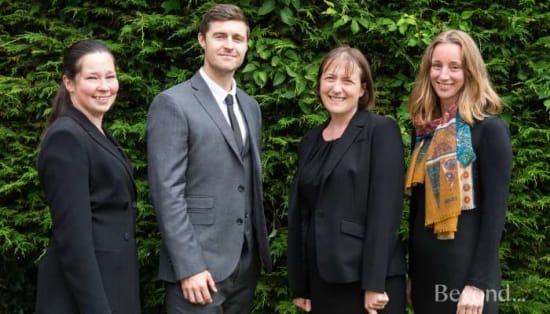 Everyone I have met seems to be trying to do their best, and we’re all trying to achieve the same thing. Which, broadly speaking, is better, more consistent, personalised care for people at the end of their lives and at funerals.
Everyone I have met seems to be trying to do their best, and we’re all trying to achieve the same thing. Which, broadly speaking, is better, more consistent, personalised care for people at the end of their lives and at funerals.
I believe that the way to achieve that is to increase knowledge amongst the general public and to therefore increase people’s expectations. I think that that’s actually the only way that you can fundamentally change funeral care.
So, my emphasis is on just trying to just slowly work away, in my own very tiny way, at changing people’s expectations of how good a funeral can actually be, and how helpful it can be. And giving them the information that they need to make that happen.
Funerals, Your Way is available to buy from Full Circle Funerals here. All proceeds go to support the Leeds Bereavement Forum and local hospices.

